
Leadership and the New Science
Discovering Order in a Chaotic World
Read or listen offline
Amazon KindleRecommendation
Author Margaret J. Wheatley describes how new developments in the sciences show us how to design a new, more effective organizational structure. The new structure is more responsive to human needs and to our rapidly changing times. Based on this understanding, you need to make your organization more flexible and adaptable. Using leadership and vision as a guiding force in an organization involves participation, self-management and shared information and power. This excellent, thoughtful, break-through book offers a new way of thinking about organizations and leadership. In clear, compelling language, it emphasizes the ways we are all part of an ever-changing natural order. Wheatley explains the need to get rid of our old out-dated mechanistic models and adapt our organizations to prosper in the future. Our accepted analytical world view, based on using logical analysis and relying numbers to chart progress, should be replaced, Wheatley says. She makes a compelling case and urges organizations to become more effective by becoming more human and natural. getAbstract.com recommends this pivotal book to leaders at all levels.
Summary
About the Author
Margaret J. Wheatley is president of the Berkana Institute, a non-profit educational and scientific research foundation supporting the discovery of new organizational forms. She is a principle in Kellner-Rogers & Wheatley, an international education and consulting firm applying the principles of living systems to human organizations. Their clients include Fortune 500 corporations, government organizations, and non-profits. She co-authored the best-selling A Simpler Way with Myron Kellner-Rogers.








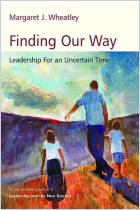
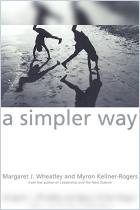
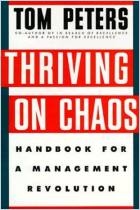
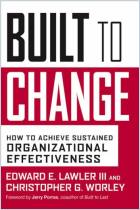
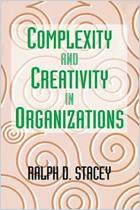
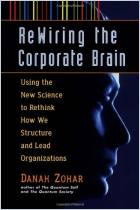
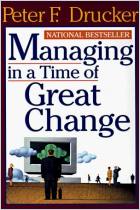
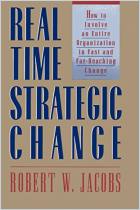


Comment on this summary